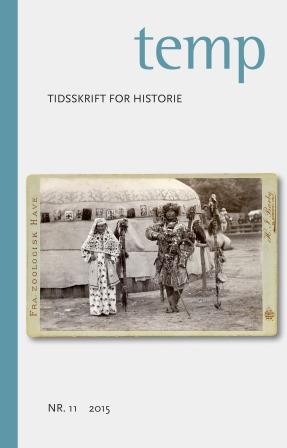Følelsesgeografier og fællesskaber i København 1771-1800
Nøgleord:
Følelseshistorie, retshistorie, sociale geografier, autoritet, husfredResumé
Emotional geographies and communities in Copenhagen 1771-1800
This article explores the interplay between emotions, communities and urban spaces under the heading of emotional geographies – understood as the weaving together of emotions, space and social geographies. The article seeks to demonstrate how seemingly trivial conflicts between neighbours can be interpreted as clashes of emotional cultures and, moreover, lend insight into the strategic-communicative use of emotional practices to place individuals and groups in an imagined social geography.
Emotional expressions are read as indicators of silent, moral belief systems in order to map out how the boundaries of the home as a physical space overlapped with a more abstract notion of the household as a sphere of authority. Notions linked to a strong civic identity of the householder, which were often at odds with other spheres of authority in the city, particularly that of the military community – which connected to a culture of honour where upholding hierarchical order was considered a moral duty.
Downloads
Publiceret
Citation/Eksport
Nummer
Sektion
Licens
Copyright temp - tidsskrift for historie og forfatterne.
Artikler publiceret i Temp må citeres, downloades og videresendes for ikke-kommerciel brug, under forudsætning af normal akademisk reference til forfatter(e) samt tidsskrift, årgang, nummer og sider. Artiklerne må kun genudgives med eksplicit tilladelse fra forfatter(e) og tidsskriftet.





